
The champions of an imperial and of a national world order were and are sons to a mixed heritage. This essay explores the deeper compatibility of Europe’s Greco-Roman and Biblical inheritances, as well as of national political entities and broader universal commitments.
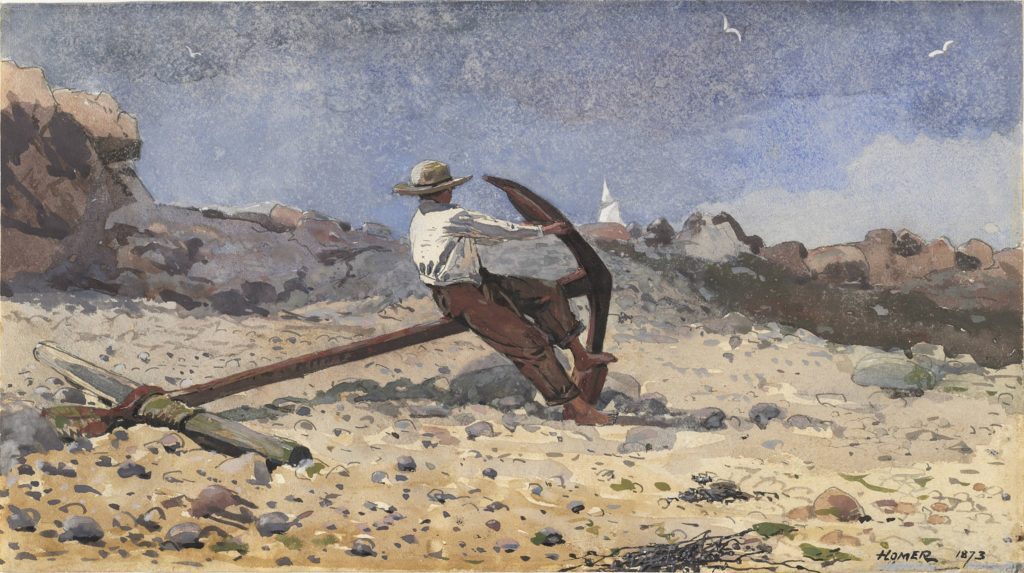
If a new framework for freedom is to emerge in the West, it must be recognizable. The stories of anchored freedom must be told, and they must be disseminated with the same adamance in mass culture, whenever and wherever possible, as the Boomer myth of freedom.

How is it, we may ask ourselves, sexuality is widely deemed something fluid, unless its fluidity runs towards heterosexuality, and then all of a sudden sexuality becomes a binary phenomenon that cannot undergo any change?
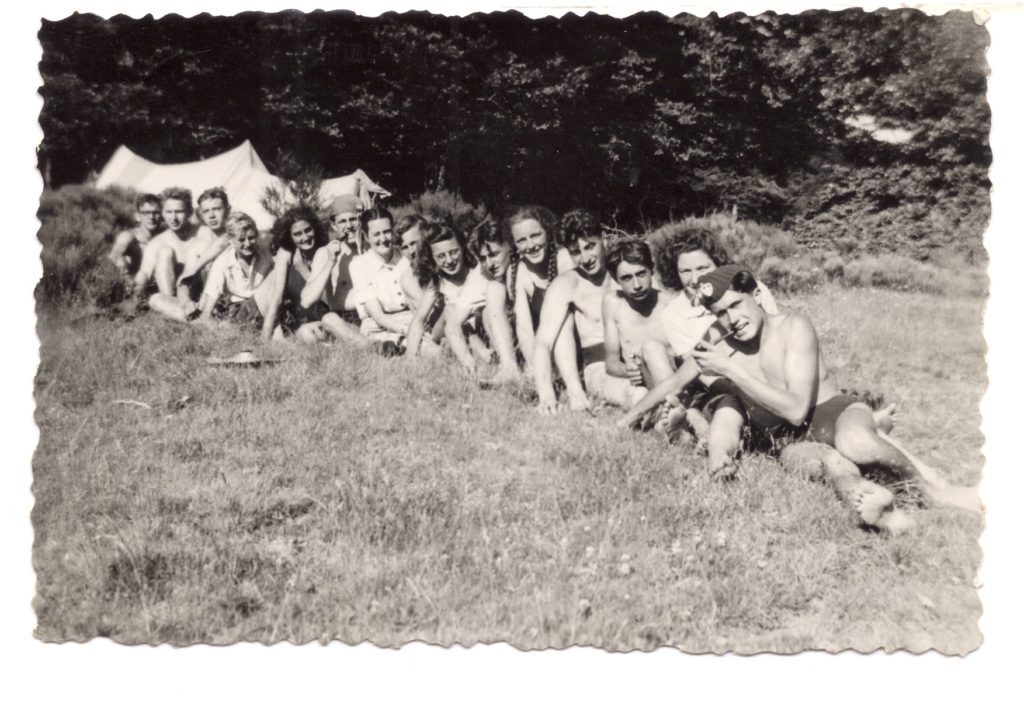
It is the ordinary nature of their goodness that makes the story of Le Chambon such a miracle. It was weathered men and women with brittle hands, shiny with callouses from backbreaking work, hard as oak and often gnarled with age, who did these things.

As I knelt to pray my rosary before the Blessed Sacrament, I was struck by the astonishing confidence required to build Sacré-Cœur. In 1789, France, the Church’s eldest daughter, declared herself no longer a disciple of Jesus Christ but an apostate.
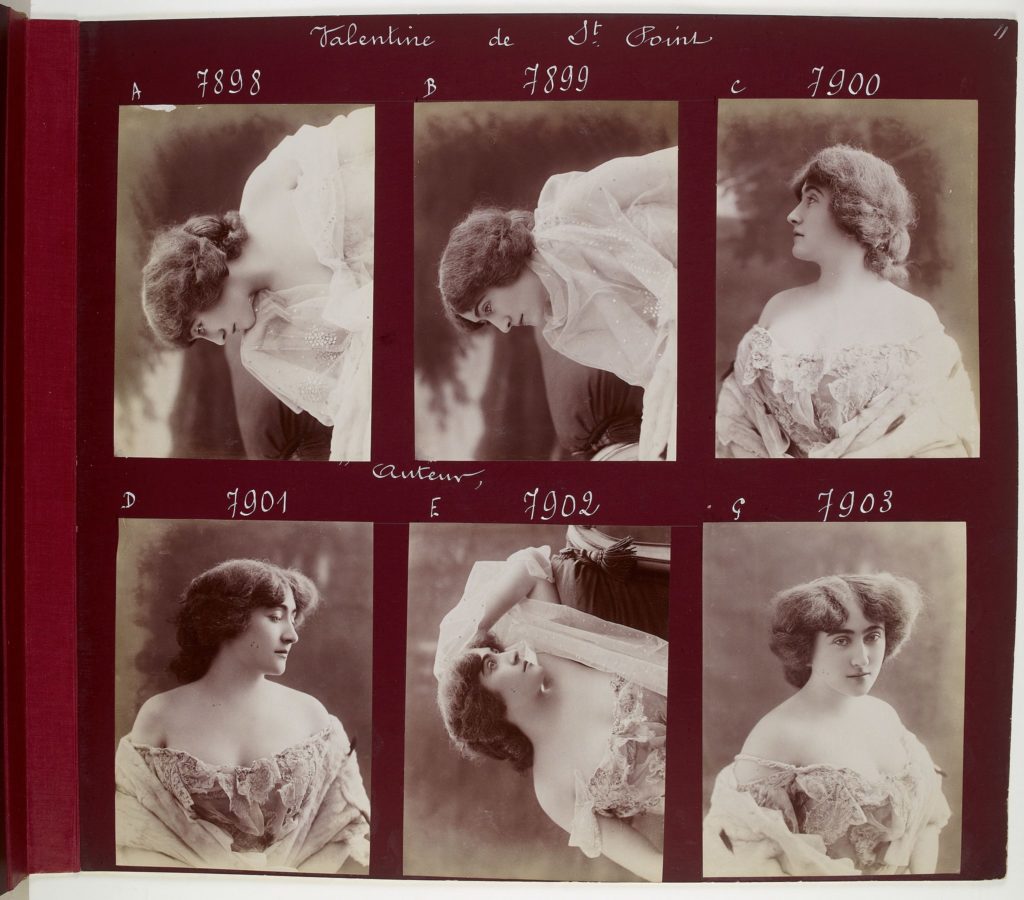
If Europe is to enter a new, restorative cycle, it will not do merely to push against contemporary ‘woke’ elites and the consequences of mass immigration. Her defenders must attend to what drove some of her most perceptive sons and daughters away.
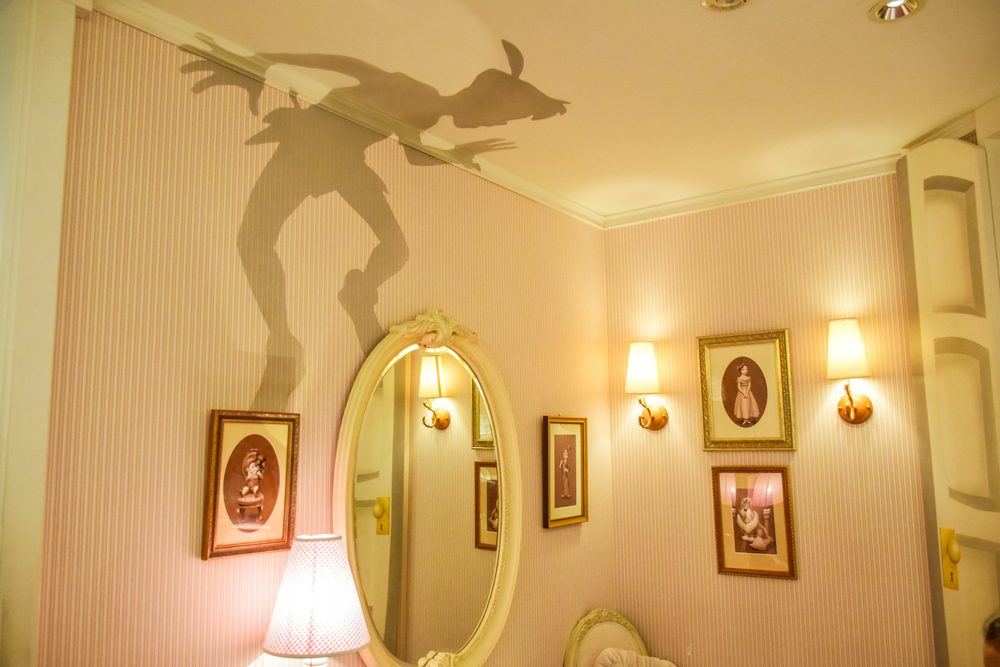
The ideal of responsibility is based on the simple assumption that with maturity should come a certain readiness to accept the sufferings and burdens of life with dignity. This, if you like, is part of the backbone of Western Civilization.
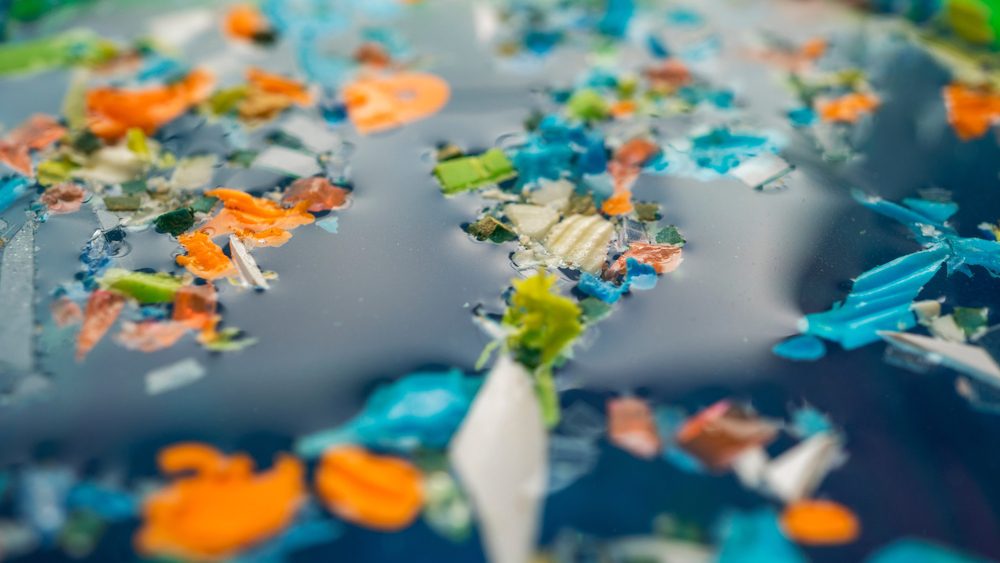
Humanity’s ongoing plastic saga suggests that mass production and mass disposability—the same process that replaces fabrication and craftsmanship with production—also reduces our ability to make ourselves, that is, to reproduce.

For the first time in many decades, German politicians must learn to think, rather than feel— and to assert Germany’s vital national interests.
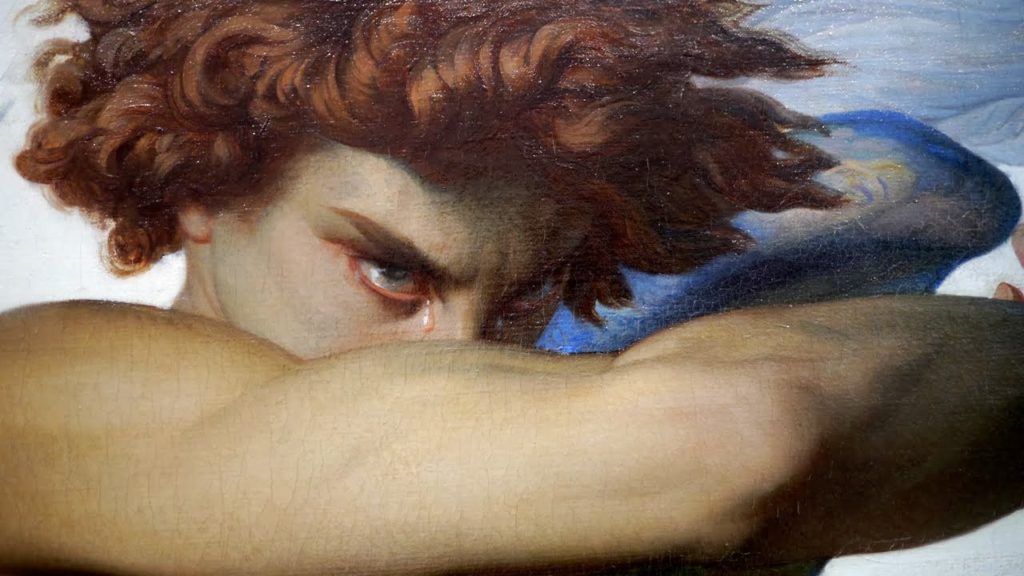
Our dreary present, in its moralizing arrogance, believes it can judge countless generations of our ancestors, while refusing to even try and grasp the spiritual richness of our past.
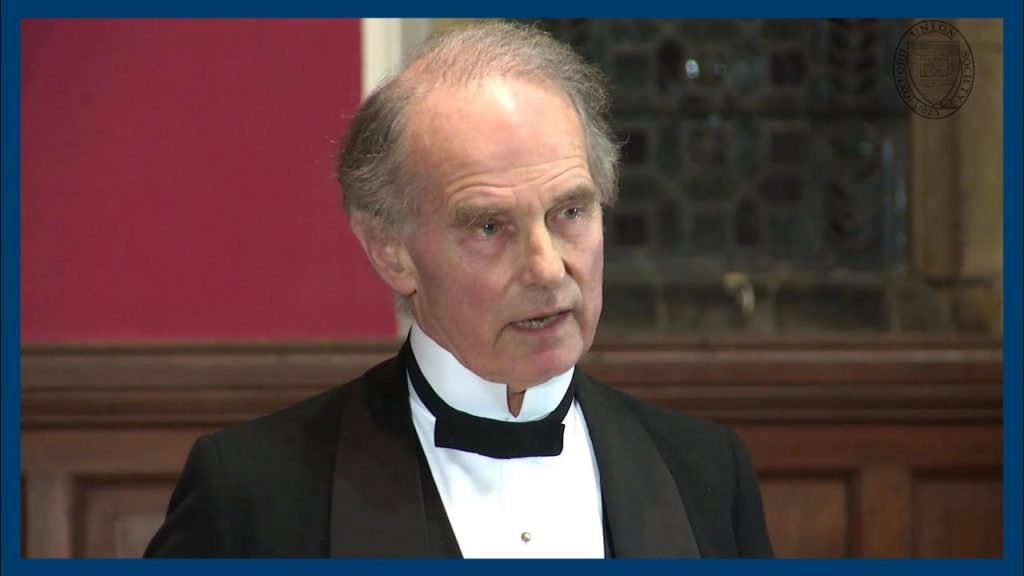
Contrary to what many Western journalists and politicians persistently assume, there exists little continuity between Imperial Russia and the Soviet regime, just as there was no ideological or political identity between pre-war France and the Vichy regime.

Whether it is the threat of being canceled or anxious concerns that we’ll lose out in the meritocratic race for success, we’re more and more enslaved and less and less free. We’ve lost sight of the true sources of freedom, which come not from permission but from commitment.

It is spurious to insist, as many do, on a contradiction between conceiving of Greek independence through a yearning for the Byzantine past, on the one hand, and the romantic-nationalist lionizing of ancient Hellas, on the other.

Western political philosophy focuses on inherent features of man, and so Europeans were able to build a system which recognises and respects them. It is arguably the best system in the world, which is evidenced by the success of the countries that adopted it. It safeguards everything we value, and we should do everything to preserve it.
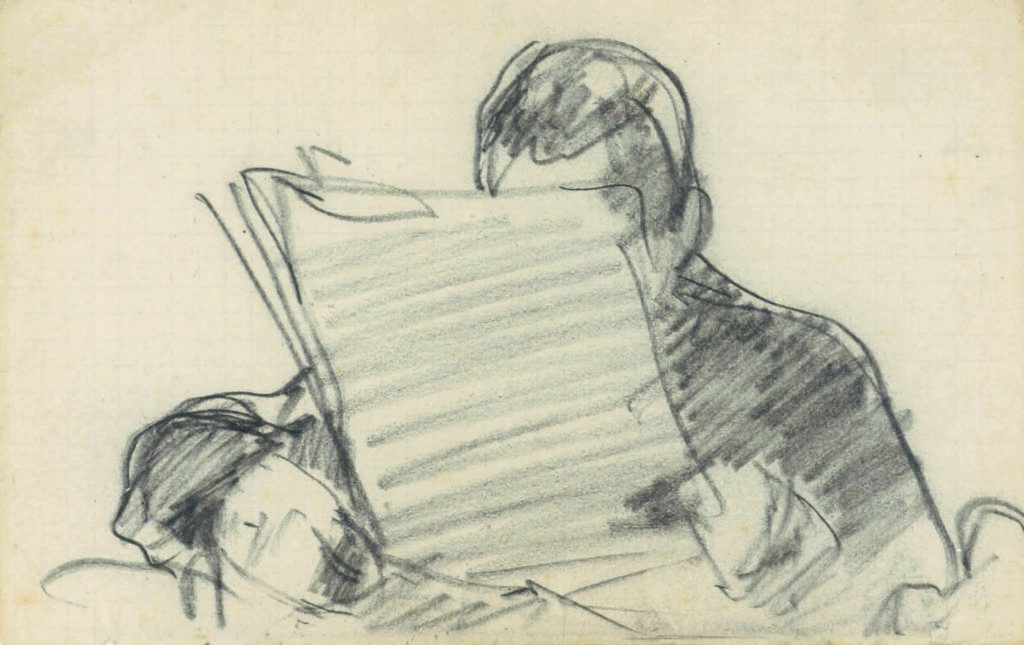
If journalism helped Scruton to synthesise ideas in a single thought, it also displayed the rich literary gifts which first brought him to the attention of the British public in the 1970s. For him, journalism was much more than conveying information, news, or opinion. It was an attempt to stir the imagination of the reader so that the ‘unfashionable opinion’ being expressed might become theirs.
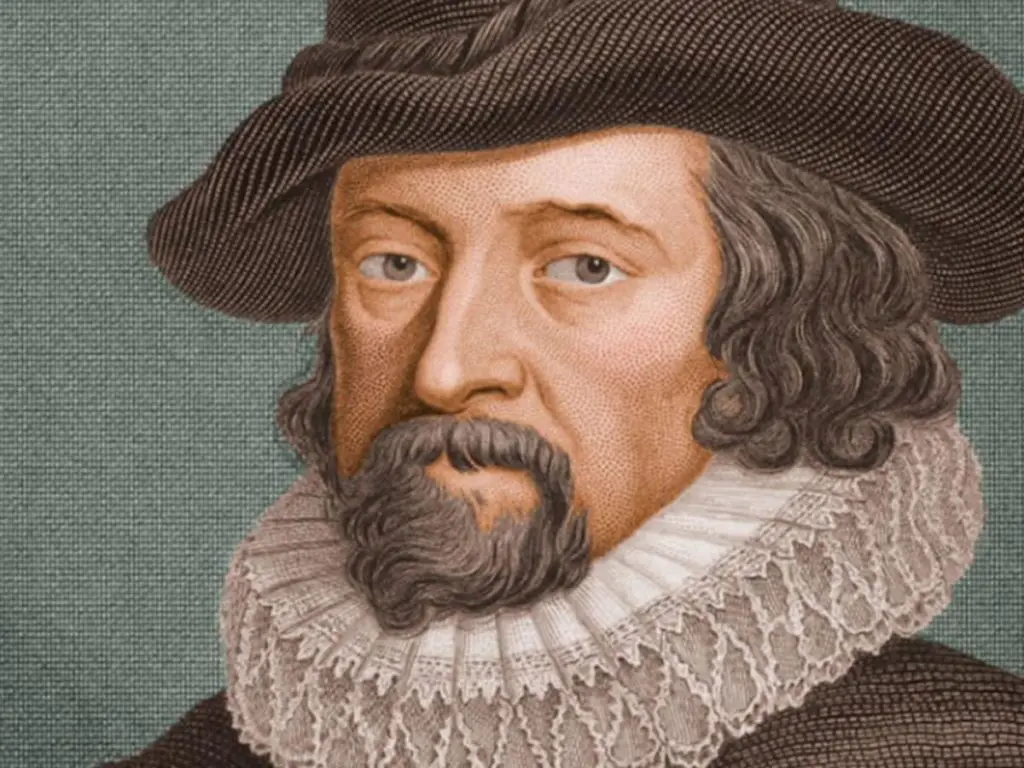
Francis Bacon was the talisman of Renaissance science, producing an inductive philosophy which he advanced with all the zeal of a religious convert. But as far as he was concerned, promoting such methods required no actual conversion from the Christian beliefs which prevailed in his day.

Eurasianism, with its glorification of the Mongol Golden Horde and eastward orientation, tends to divorce Russia from its European heritage, a divorce that is incompatible with any drawing closer to Ukraine.
Geography and natural resources will motivate political conflict, but identity and national construction will determine what social cleavages can be exploited by local and foreign agents in that conflict.

The notion that there are limits to our growth is holding the West in a psychological stranglehold. Whereas other civilizations are thriving, the West suffers from a weariness that stifles any belief in further progress. This weariness has had a name for almost 2,000 years: Acedia.
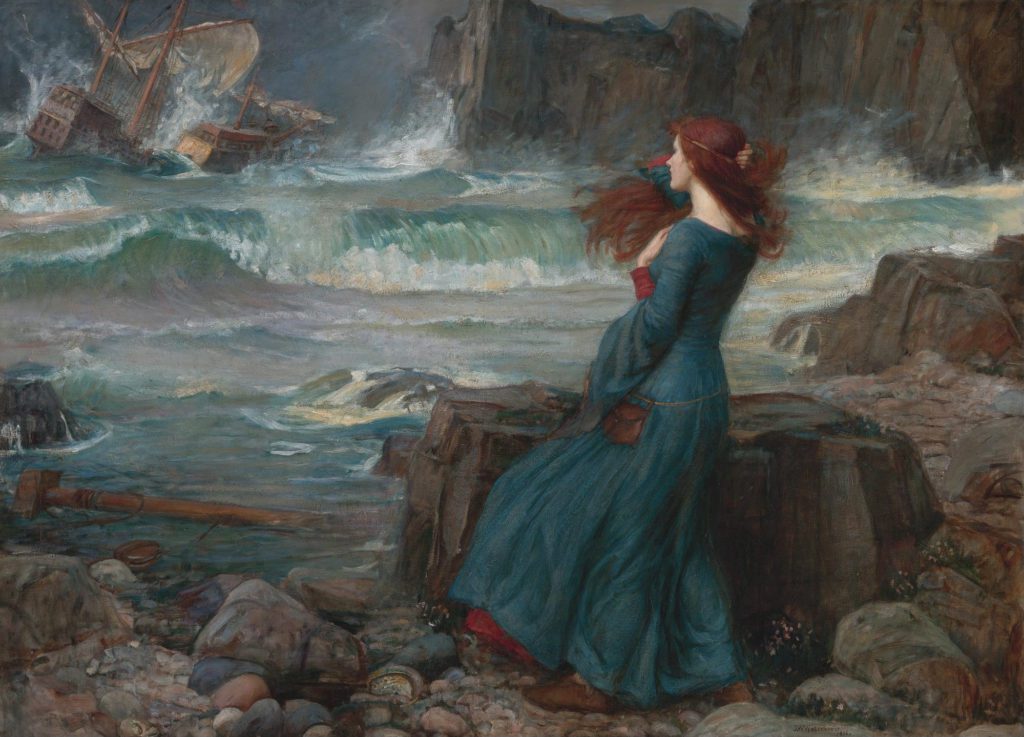
The idea of motherlessness in Shakespeare’s The Tempest and Huxley’s Brave New World may help us understand our own age, in which state encroachment and market forces work together for the abolition of motherhood.
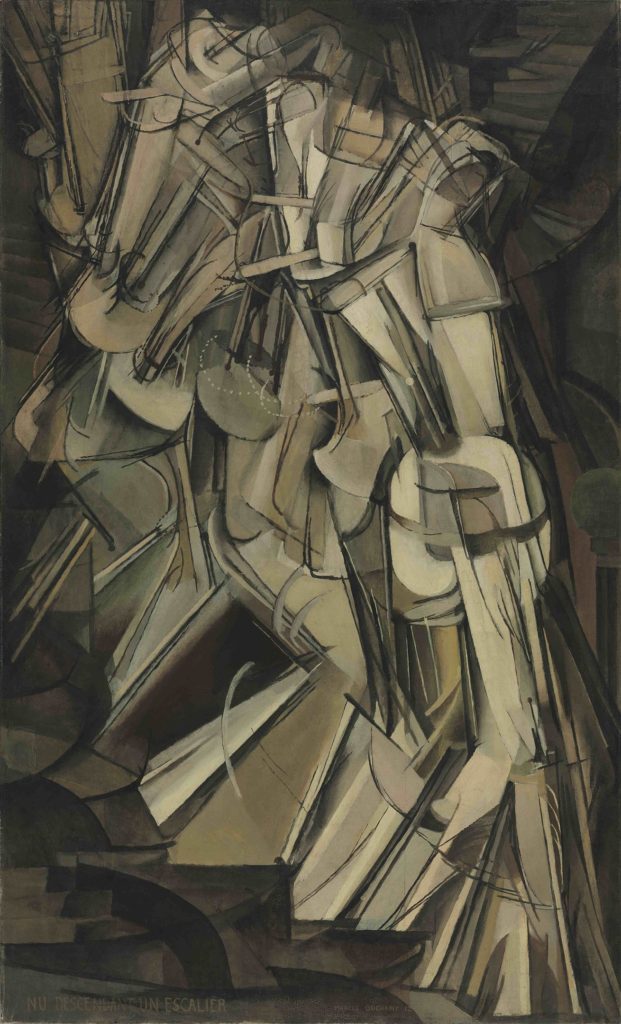
World order will tend to follow its own momentum. Rivals to U.S. hegemony like China do not, therefore, represent an alternative world-order, but an alternative bid for leadership over developing structures of biopolitical control.
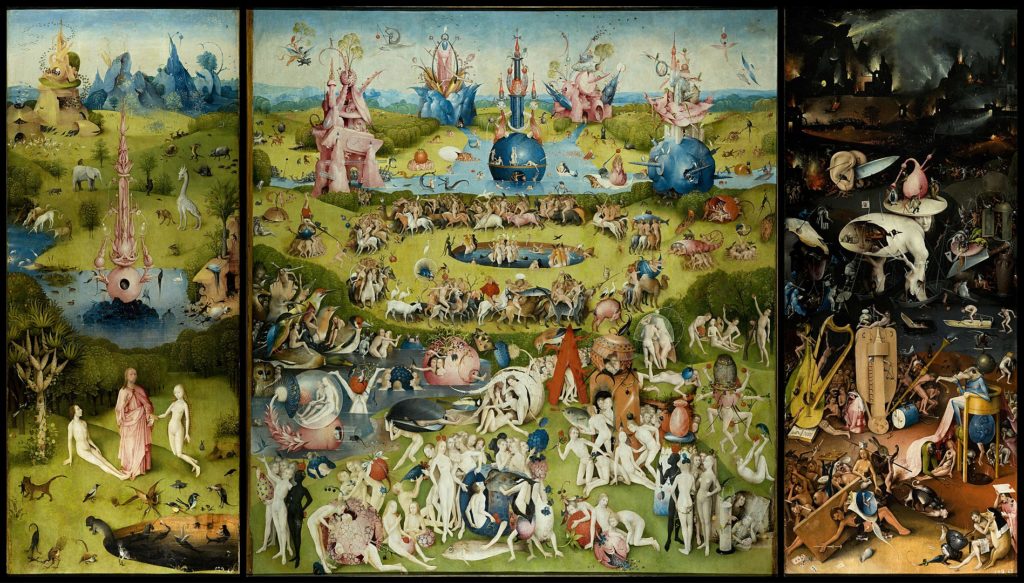
Liberals like to claim that their political worldview is not even ideological, but simply what happens when kindness and common sense are allowed to prevail over dogmatism, tyranny, and impractical forms of political romance. But is liberalism, the ruling philosophy of our modern world, really so immune from the utopian temptation?
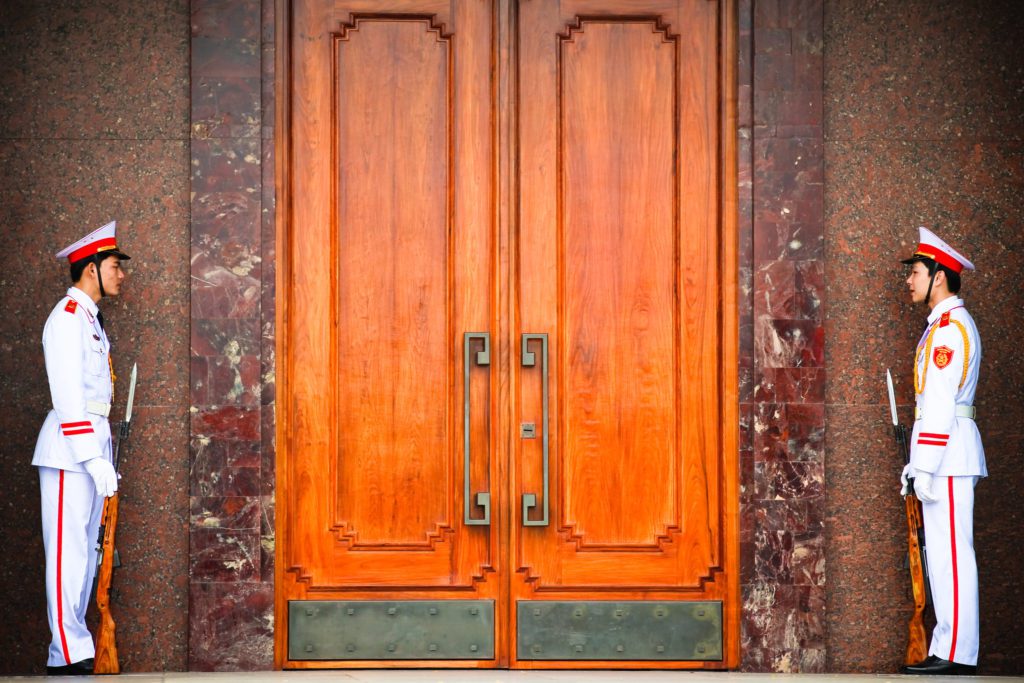
It is an irony that the regimes of godless Communists and imperial thugs must preserve the corpses of their revolutionary leaders, made incorruptible by enormous amounts of money, for their subjects to worship.
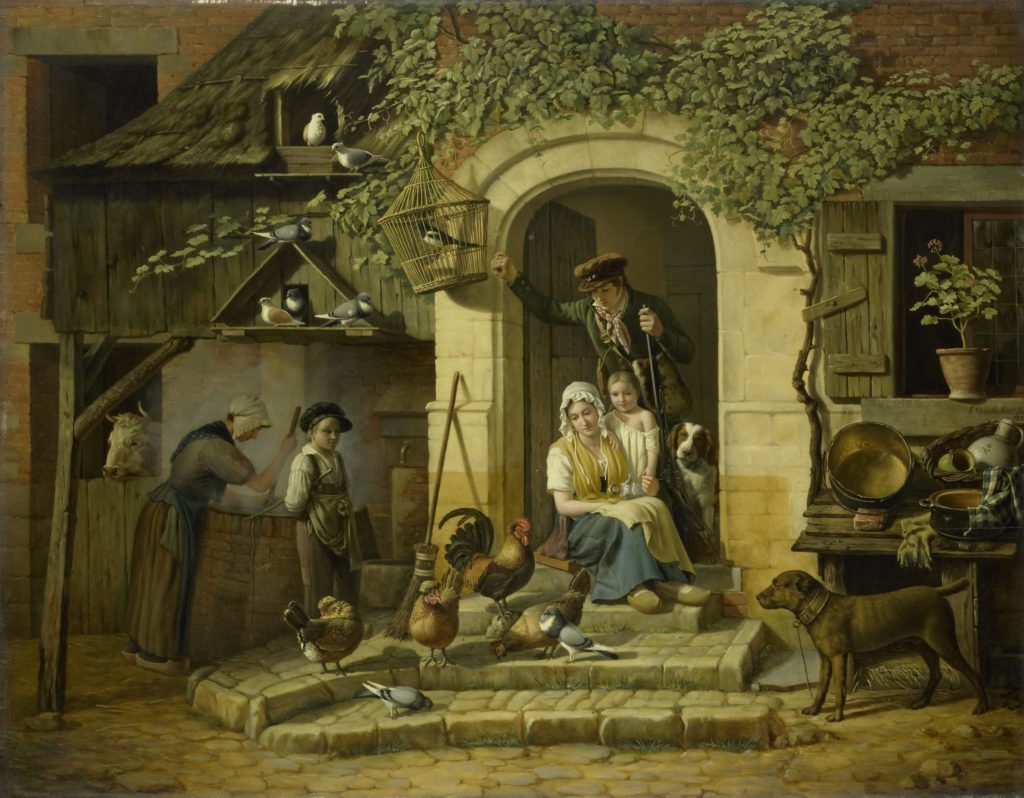
The concept of ‘dwelling’ serves as a source for our pre-political loyalties and these loyalties allow a sense of the
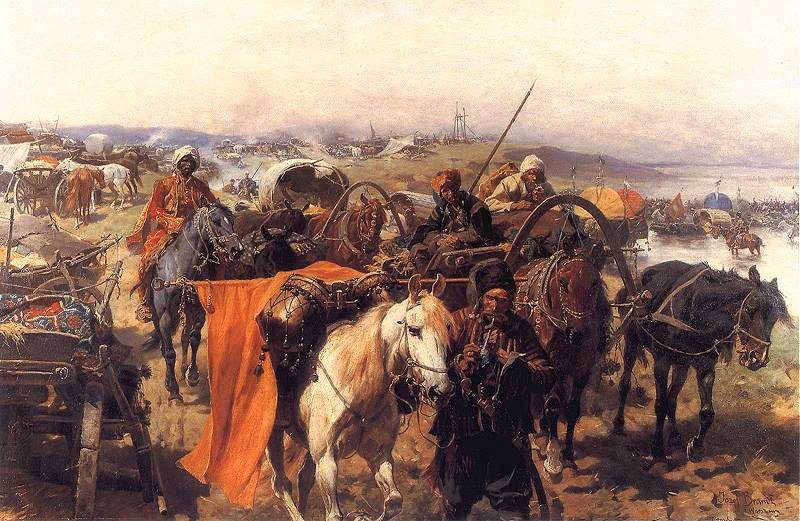
Organic association and the principle of subsidiarity are the rescue of nations. They allow for the political articulation of common roots without alienating local cultural differentiation. They also permit overarching identities to be honored along with overlapping ones. Keeping this principle in mind, we may trace the history of relations between Moscow and Kyiv with an eye to how it could have been, and may yet, be applied.
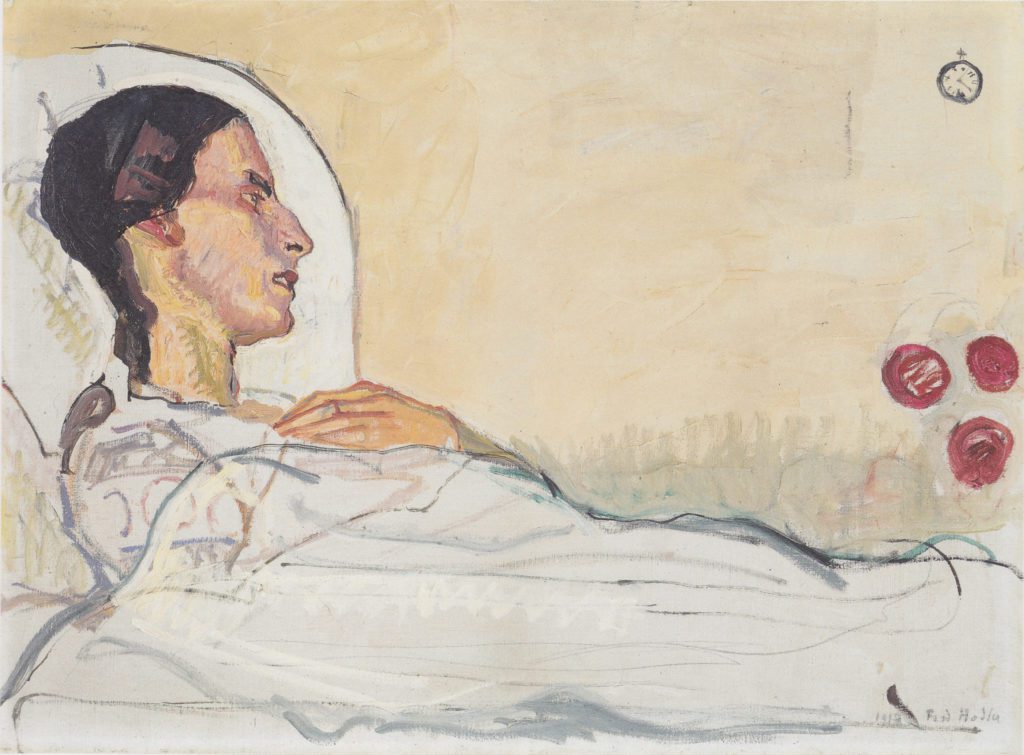
Terminal care no longer encourages us to balance the pursuit of treatment with emotional and spiritual support. Rather, the conversation turns continually back to, “What do we do next?” as though the body were a computer with a glitch in the programming. No heed is paid to the reality–that the time will come when we do nothing.
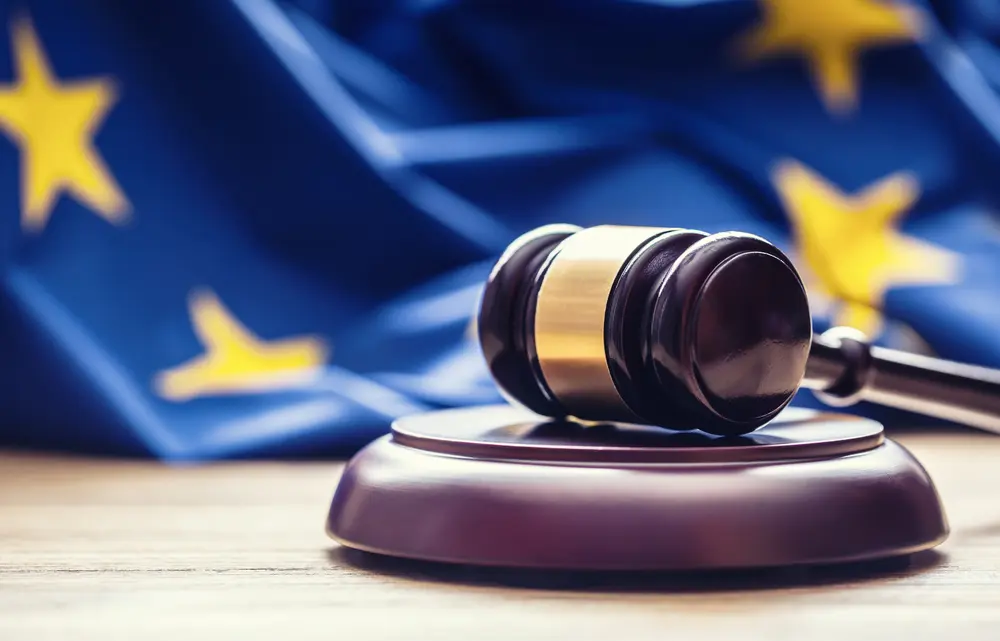
The first generation of human rights promulgation after World War II sought to guarantee freedoms to the individual against the state. Now, we are in a situation where we are suppressing other rights, such as the right to freedom of expression, in the name of the “right to a safe environment.”
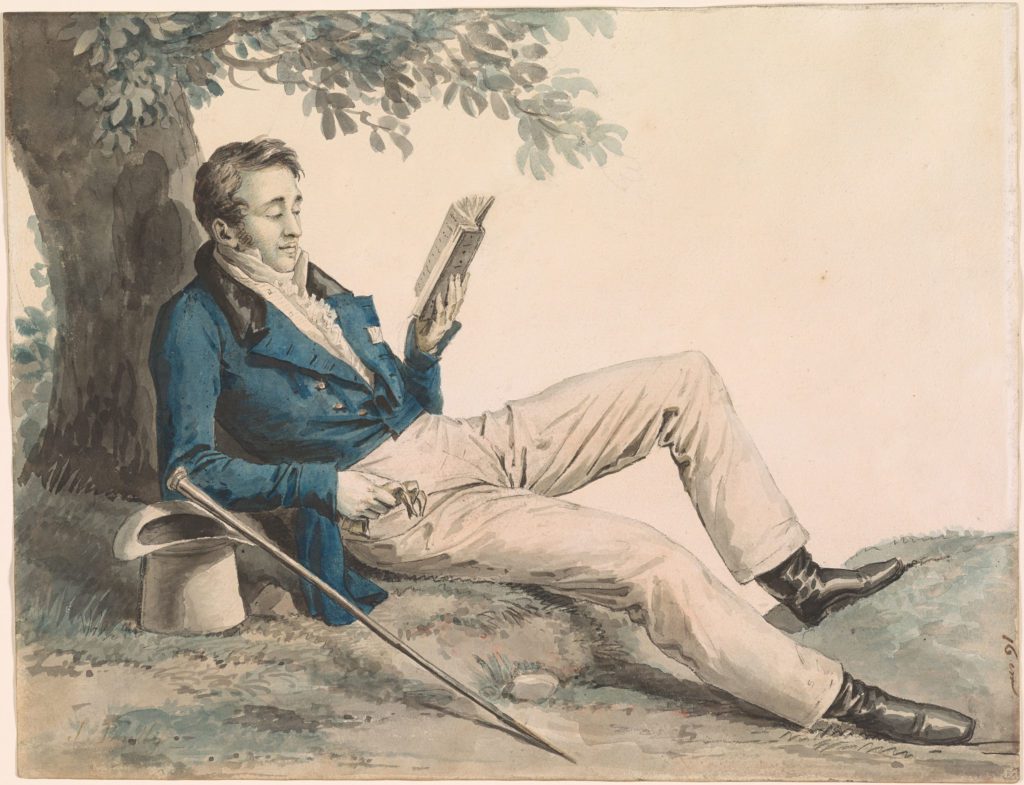
The life of the mind is fundamentally dangerous when divorced from the world. Indeed, intellectuals have a moral duty to seek out ways of encountering reality—the thing out there—if they are to avoid becoming a tremendous nuisance to others, a trait so common among their kind.
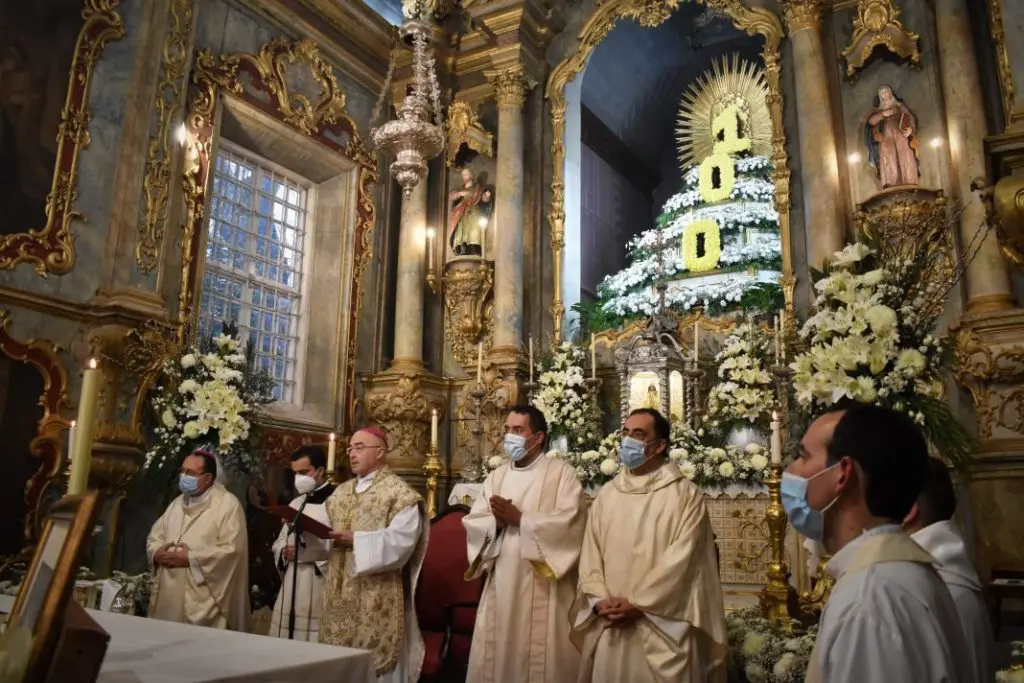
While Charles’ Centennial did not feature ritual obeisances by the successors of those who so cruelly wronged him and all whom he loved, one may hope for something different from the quasqui- or sesquicentennials. It may be that young people living today, by taking to heart the lessons he taught by his life and sacrifice, shall live in a world where this injustice is at last put to rest.
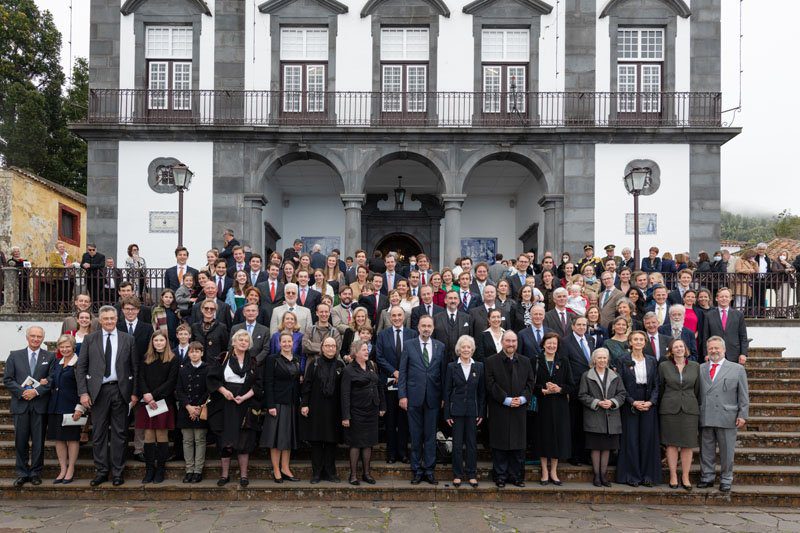
Pilgrims came because Blessed Karl of Austria lived those virtues and qualities contemporary society longs to see in its leaders, in Church and State. He was a man of integrity, a ‘whole’ man; his inner and private life was the same as his public life. He believed in the virtue of duty: to be dutiful, even to the point of losing his country, his Empire, his worldly goods and ultimately his life, makes him a man worthy of admiration and imitation.
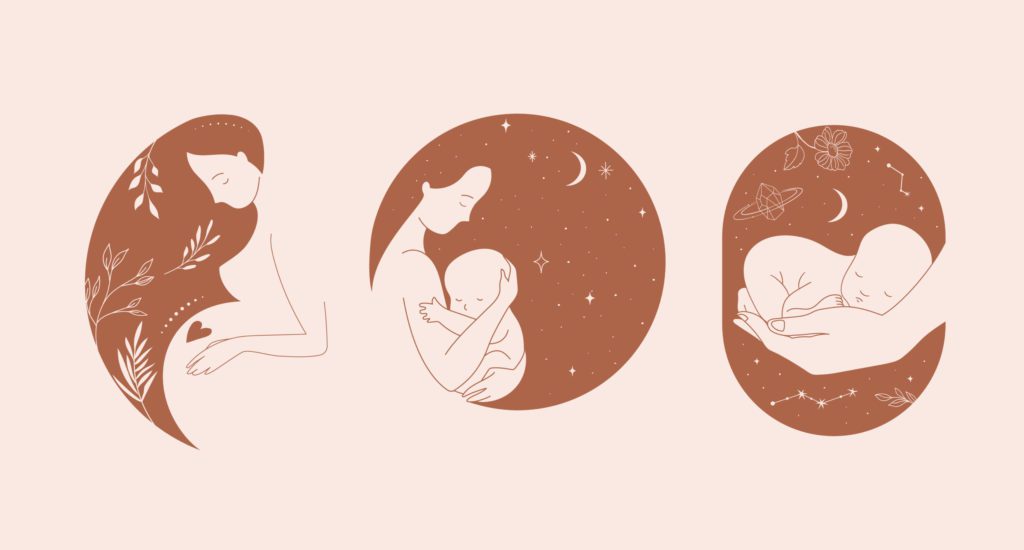
One of Christian theology’s most radical moments came early in its history. It happened through the person of St. Gregory